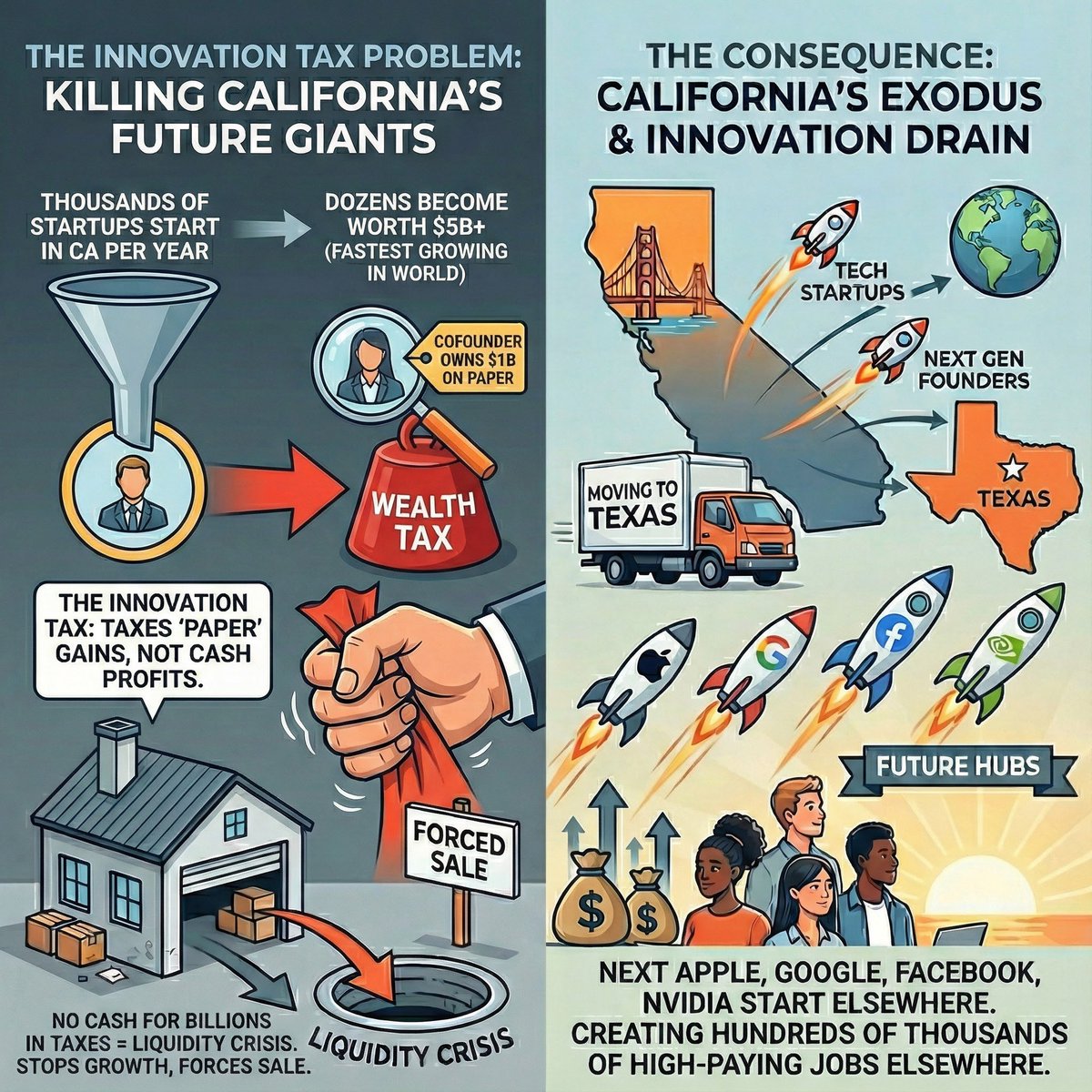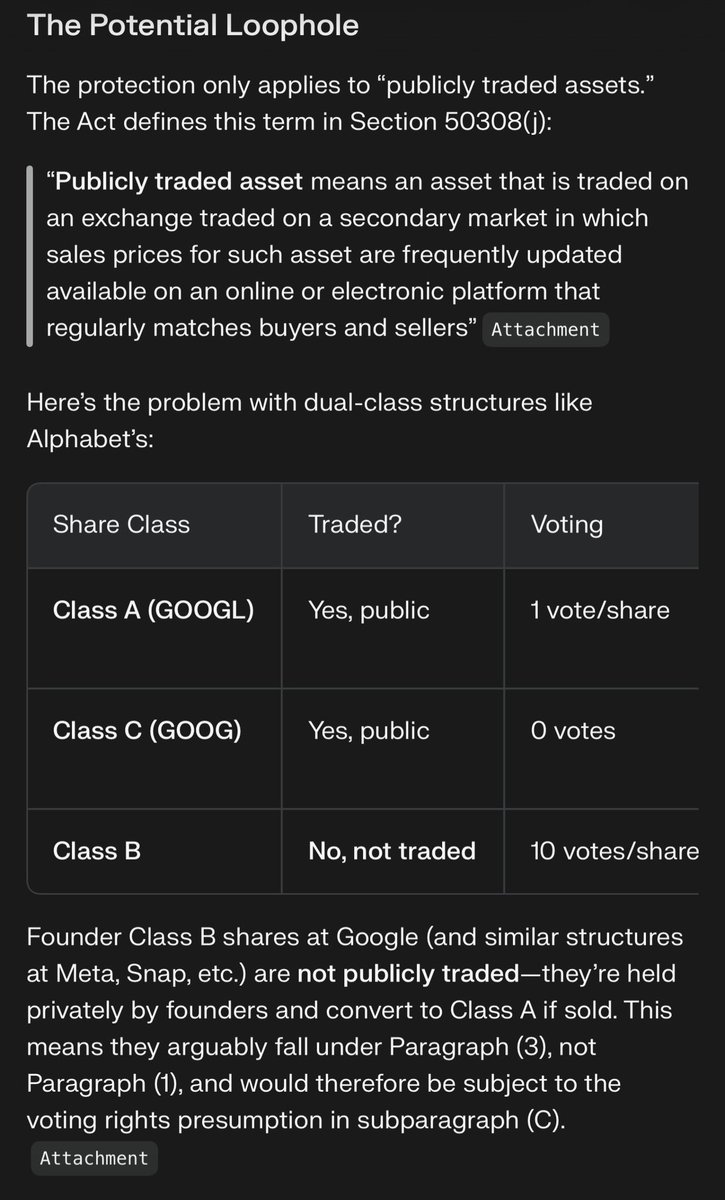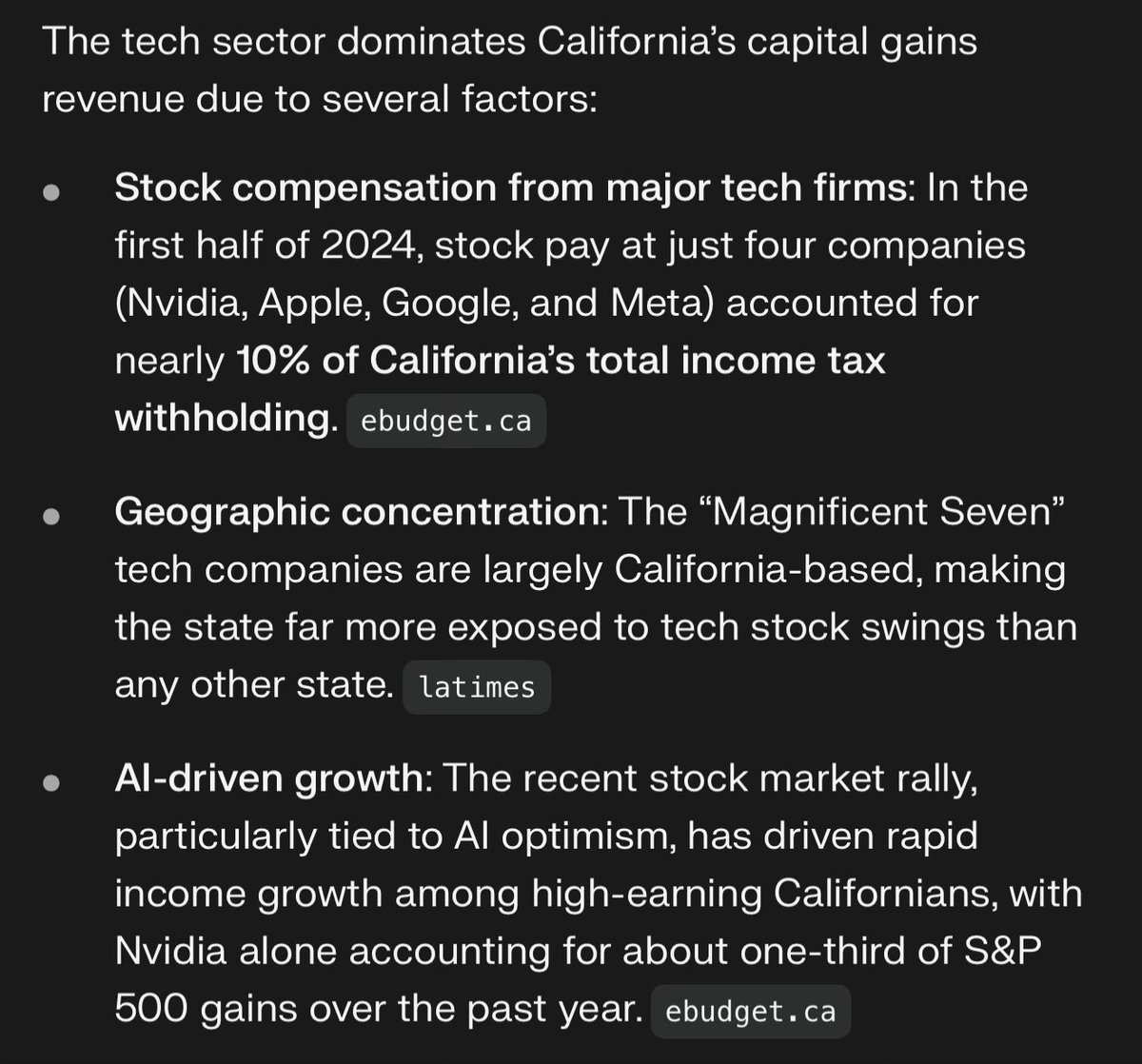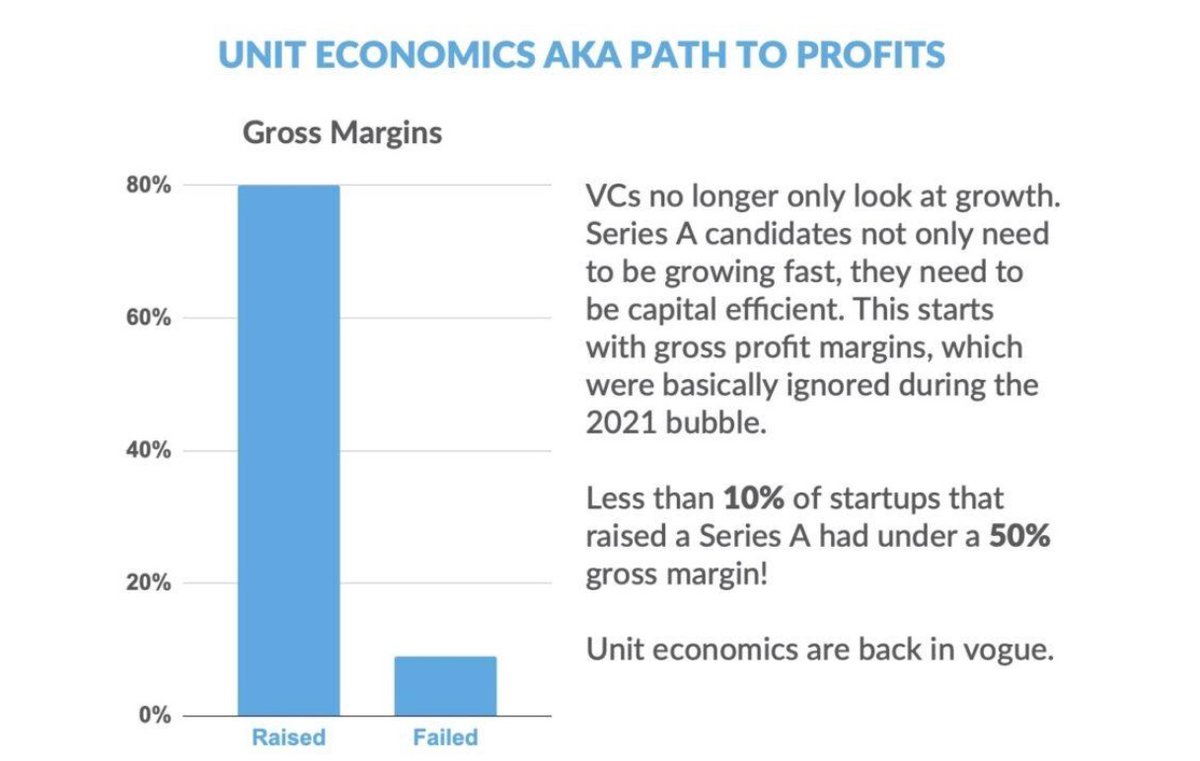Most startup founders end up spending their entire careers trying to catch lightning in a bottle even once. I caught it once and lost it myself. It’s hard to hold— so much can go wrong.
When you catch lightning in a bottle, you have to do everything in your power to harness it.
When you catch lightning in a bottle, you have to do everything in your power to harness it.
Founders who catch lightning in a bottle find themselves in this common situation: if they sell the company now, they’ll just have to start it again, and it’s that much harder to catch lightning again.
This is the advantage of repeat founders: they know the pain of regret.
This is the advantage of repeat founders: they know the pain of regret.
This is also why so founders (particularly well-pedigreed serial entrepreneurs) fast-follow. UberX was a fast follow on Lyft.
It is easier to steal lightning than discover it in the wild.
It is easier to steal lightning than discover it in the wild.
There’s a fog of war when you’re making something nobody else has made. There’s no playbook. Your tools against that? clarity of thought, and resoluteness of action.
Make the best choice you can and adjust. Set a hypothesis and test it, then adjust. Analysis paralysis is death.
Make the best choice you can and adjust. Set a hypothesis and test it, then adjust. Analysis paralysis is death.
Our @initialized view after funding hundreds of companies— there are two phases to every startup. Finding lightning is first, pre-product-market-fit. The second is even harder: keeping it.
Those who do both build multi-billion-dollar companies that put a dent in the Universe.
Those who do both build multi-billion-dollar companies that put a dent in the Universe.
• • •
Missing some Tweet in this thread? You can try to
force a refresh

















